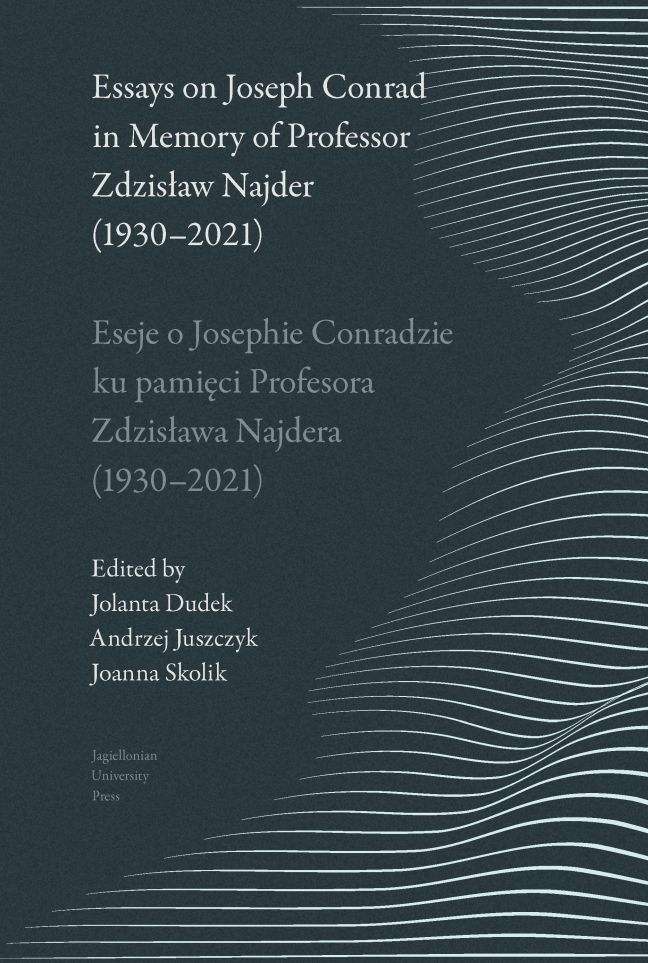Book contents
- Frontmatter
- Contents
- Part I
- Part II
- Bibliografia publikacji i audycji medialnych Zdzisława Najdera o Josephie Conradzie / A Bibliography of Zdzisław Najder's Publications and Media Programmes on Joseph Conrad
- Notes on Contributors / Noty o autorach
- Author Index / Indeks nazwisk
- Miscellaneous Endmatter
Conrad: Words and Reality
Published online by Cambridge University Press: 01 March 2024
- Frontmatter
- Contents
- Part I
- Part II
- Bibliografia publikacji i audycji medialnych Zdzisława Najdera o Josephie Conradzie / A Bibliography of Zdzisław Najder's Publications and Media Programmes on Joseph Conrad
- Notes on Contributors / Noty o autorach
- Author Index / Indeks nazwisk
- Miscellaneous Endmatter
Summary
“What is a novel if not a conviction of our fellow-men's existence strong enough to take upon itself a form of imagined life clearer than reality?” (PR, 15). Yet at the beginning of Under Western Eyes the Teacher of Languages avers, “Words as is well known are the great foes of reality” (WE, 11), and many critics have taken this scepticism as Conrad's own. But these are far from the only such pronouncements. Late on in Chance, with Flora and her father, “Mr Smith,” installed in the Ferndale, young Powell listening to the mate Franklin's grievances finds “that hostile word ‘jailer’ had given the situation an air of reality” (C, 407). And in The Mirror of the Sea, Conrad himself, in propria persona, lauds “technical language” as “created by simple men with keen eyes for the real aspect of the things they see in their trade” (MS, 21). Conversely again, the version of Conrad that writes to Cunninghame Graham insists that “Half the words we use have no meaning whatever and of the other half each man understands each word after the fashion of his own folly and conceit” (CL, 2:17). Is it then possible to find a coherent or consistent viewpoint as to the relation between words and “reality” that we find expressed in Conrad's fiction, essays and letters? There have been many fine studies of Conrad's language and Conrad and language—most recently a volume of essays Conrad and Language, which is devoted to “a questioning of the relation of words and things and a recognition of language's approximate representation of reality.” Here I focus simply on Conrad's extensive, sometimes obsessive, use of the word “word” and the sorts of reality that it summons.
The “Note to the First Edition” of Victory opens, “The last word of this novel was written on the 29th of May 1914. And that last word was the single word of the title,” and then goes on to consider the appropriateness of “the word Victory … the last word I had written in peace time” (V, 5). Such repetitions of “word,” six or seven times in a single paragraph, reoccur in Lord Jim, Under Western Eyes, Chance, Victory itself, and The Arrow of Gold.
- Type
- Chapter
- Information
- Publisher: Jagiellonian University PressPrint publication year: 2023



